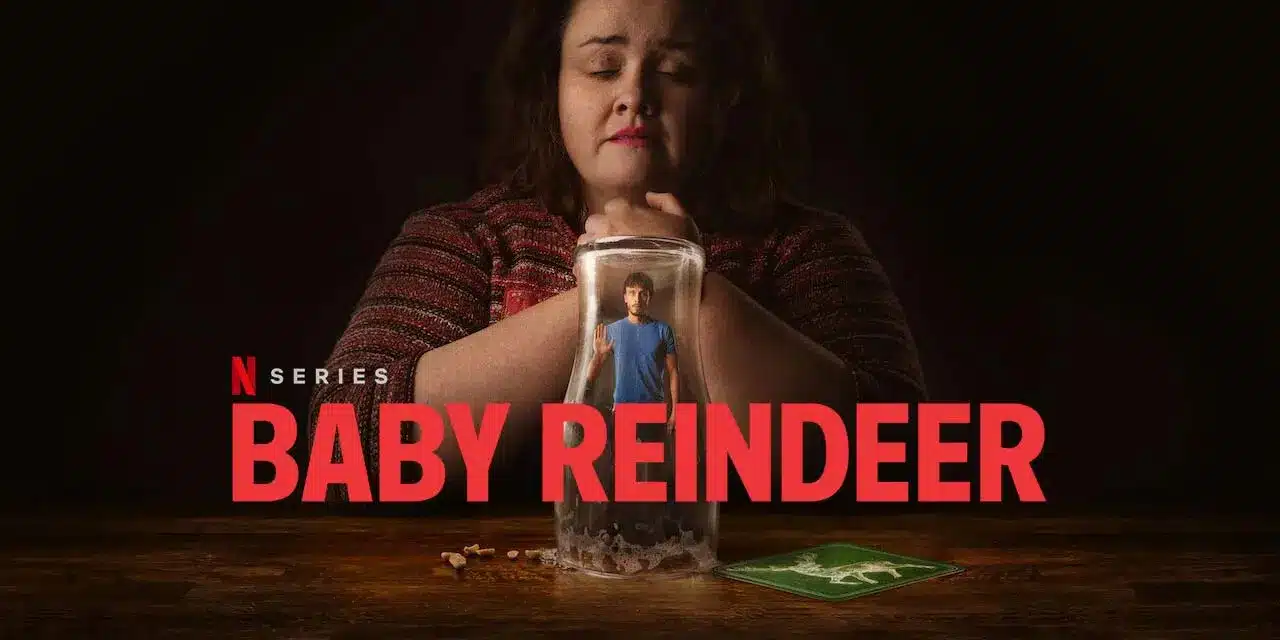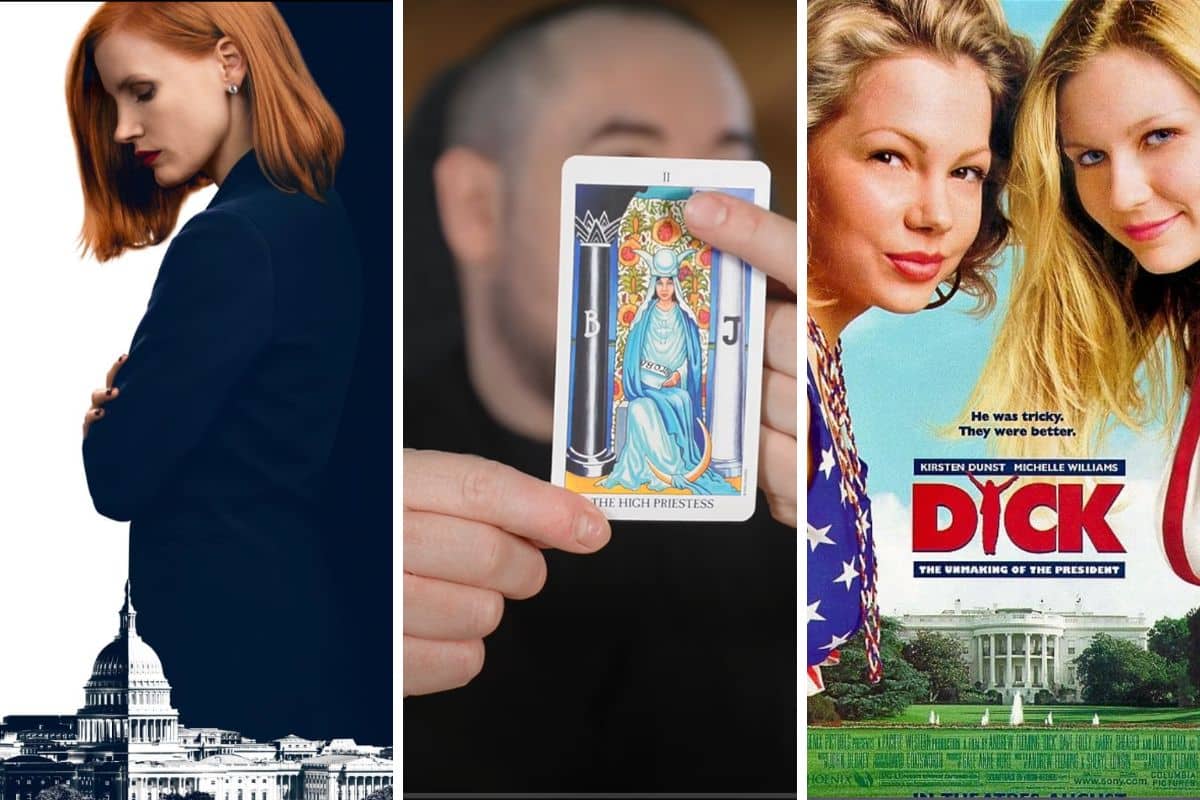No. 1: Things might not make sense to you at first.
I spent a lot of time yelling at the screen GO TO THE POLICE. And TELL THEM!!! And OH MY GOD WHAT ARE YOU DOING!! I really hate that. But honestly, it’s the right reaction. It’s like watching a horror movie and being like “Don’t go in the house!!!” or “RUNNNNN!” As good humans, we instinctively want the protagonist to get to a safe place.
To survive.
But the reality is, getting help isn’t always as simple as it looks from a removed place of judgment. Trusting the police. Trusting yourself.
There’s an important message here: The fact that Donnie Dunn DIDN’T go to police right away … the fact that he went to his rapist’s apartment again … the fact that he participated in his own abuse to certain extents by not enforcing boundaries with Martha … DOESN’T CHANGE THE FACT THAT IT ALL HAPPENED.
I think that’s a BIG thing to understand when you watch this series (which you should). When it comes to trauma — and a victim’s decision-making inside and outside of that trauma — actions that seem counterintuitive or illogical and baffling do not negate the trauma itself. I think this is a very important thing for law enforcement officers, prosecutors and jurors to get through their heads because it is one of — if not THE — single biggest factor why victims don’t come forward (they predict the demands for explanations; they predict how they’ll be received; they predict not being believed).
And likewise it’s one of — if not THE — single biggest factor in why there’s such hesitation on the part of prosecution in taking these cases to trial. They are at a LOSS when it comes to how to explain to a jury why real life reactions aren’t perfectly scripted. This has always bothered me and it’s why I’m so hard on prosecutors who can’t be bothered to think harder and be better stewards of telling people’s stories.
No. 2: If you can, don’t cover your eyes or fast forward through Episode Four.
I know how triggering sexual assault scenes can be for survivors, so obviously protect yourself in all the ways. But also know that this is different … sort of. This is still VERY difficult to watch. It’s upsetting. It’s heartbreaking.
But at the end of the day, Richard Gadd IS Donnie Dunn. This is Richard’s story. Told by Richard. About Richard. Acted out by Richard. He’s acting out his own sexual assault. He has decided what to include. He has decided what he wants you to know about it.
For me, that was empowering and a path toward healing. It doesn’t just allow someone to take back control and honor that their agency was not lost forever because of a monster, it does something even more powerful than that. It stops keeping the secrets of abusers.
To see Episode Four is to see someone say “You did this to me, a fellow human being, and I’m not going to pretend you didn’t. I’m not going to let you go on living a life free of that accountability — whether or not you accept it — while I continue to carry the burden of your actions. And more than that, this happened to me. And YOU need to draw upon your own ability to feel compassion for others because here’s how sexual assault can destroy a person.” It’s really a special thing to see an artist push the boundaries in a way that resonates with people.
No. 3: That said, you totally should watch “Nanette.”
Richard Gadd and Hannah Gadsby have both opened up portals to effective ways to communicate trauma … to REALLY get people to see it and feel it and understand their role in a society that seeks to silence it.



